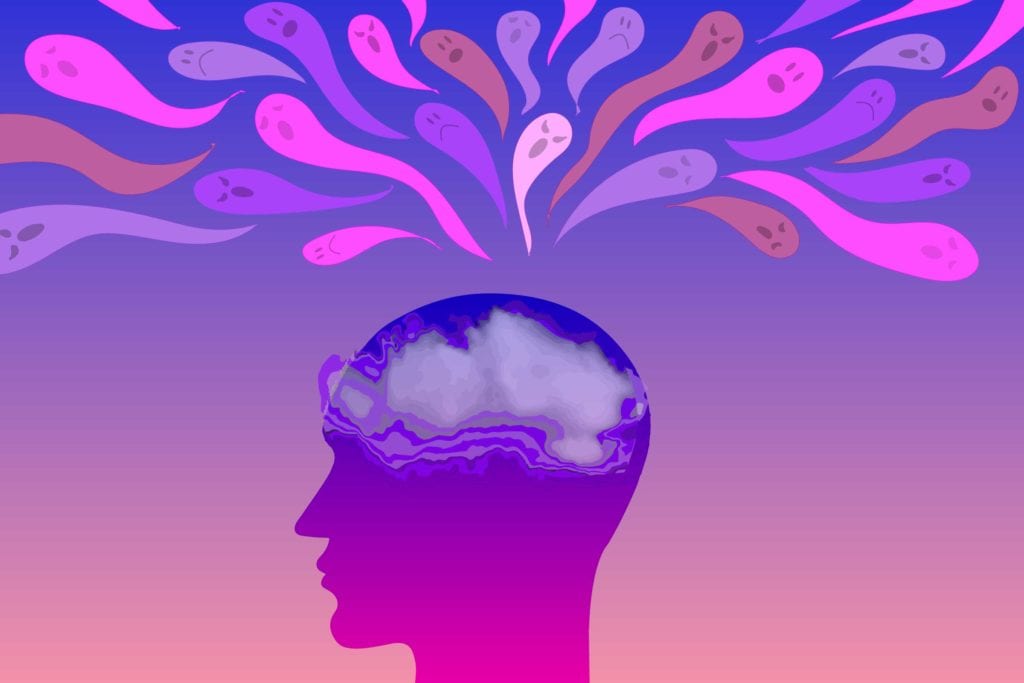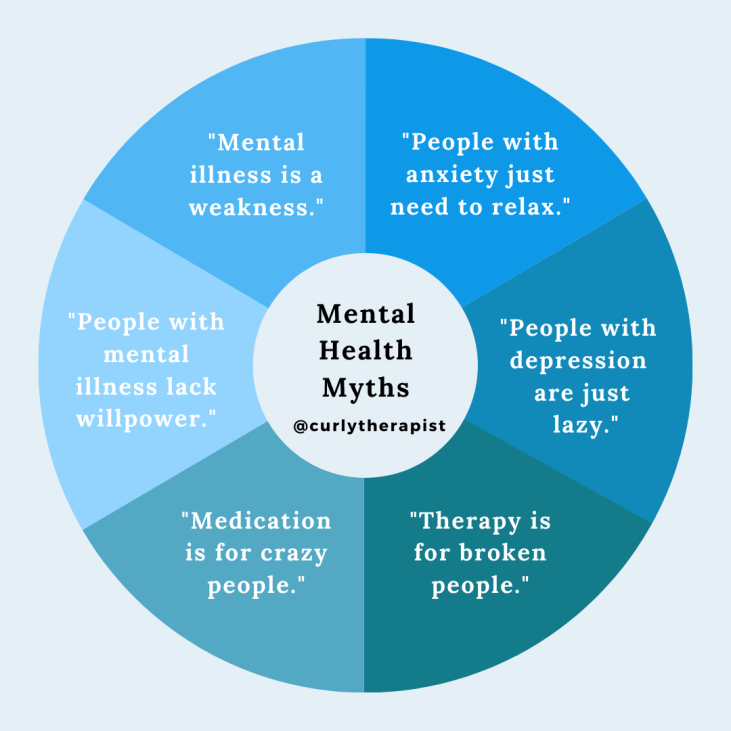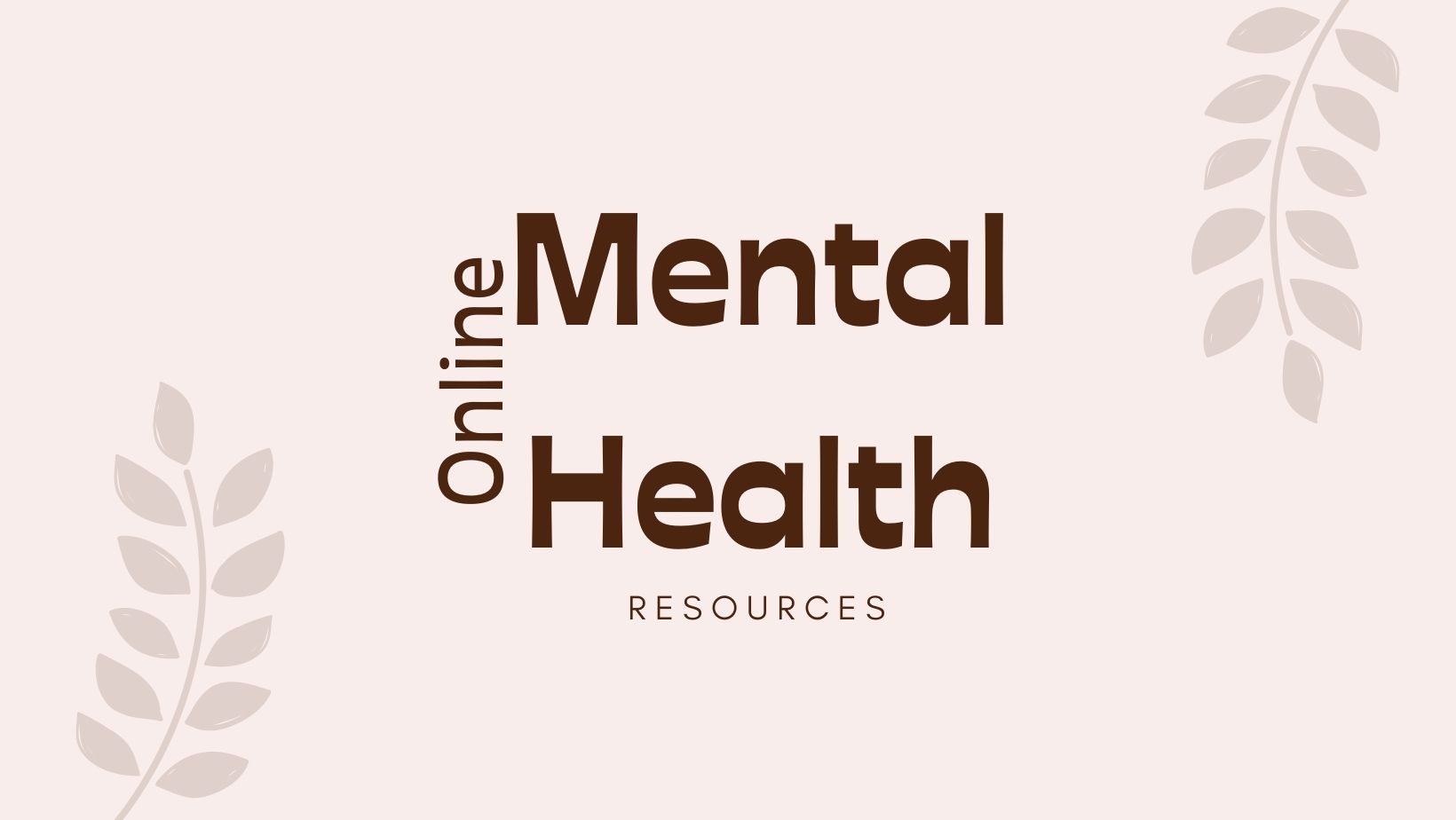Understanding Support Groups
What Are Support Groups?
Bipolar forum is area where people who are going through a similar difficulty or circumstance they find themselves in gather and express themselves. Such groups can let participants in the group be themselves, give and receive help, as well as get to know useful information.
Kinds of Mental Health Support Groups
Mental health support groups come in different forms, focusing on different issues concerned, and mental disorders. They can be specialised in any condition that is psychological, for instance, anxiety or depression, or they can tackle primary life issues like stress, returning to work, bereavement, or dependency. Also, such support groups may be developed for certain populations like veterans, members of the lesbian, gay, bisexual and transsexual community, or parents of children with disabled.
Support or therapy groups lack of cost but have the following emotional benefits to the members:
Making Client Feel as Part of Society
Such troops are very important for members as they provide the people with a means of feeling accepted and getting others who can understand them. Having people around you with similar issues makes it easier to fight loneliness and informs people that they are not alone.
Preventing Isolation
Many people whom seem to be ‘crazy’ in today’s society feel alone and unheard. In turn, Support groups allow members to communicate with people who genuinely care and can reciprocate the feeling they get when they are facing challenges. This common perception is perhaps able to decrease feelings of isolation and also can offer the semblance of societal acceptance.
Real Benefits of Becoming a Member of a Support Group
Learning Coping Strategies
In this aspect, therefore it will understood that assistance groups permits members to get into procedures that are useful in handling with the situation. This makes it easy for people to learn from others and probably borrow strategies used in dealing with mental health issues. Such a coping could involve the use of relaxation methods, mindfulness or any useful material and or activity.
Access to Shared Resources
Other groups that patients might turn to are support groups since they can actually provide them with a lot of information. They can give members tips about the specific therapists or treatments they’ve tried and found helpful in the past, self-help books or other resources that have been helpful up to this day.
The information is useful for the entire community and can spare the time and energy spent to look for suitable tool and assistance.
Thus, there are personal advantages: finally, receiving support from other people and, on the opposite, being able to help others, and objective advantages: such as gaining new information on the ways to deal with it and useful resources. Self- help groups can be very helpful for one and are tools for personal development and strength especially in the mental health arena.
Coping and Psychological Consequences of Social Support in Support Groups
Cognitive CBT reveals that support groups play a powerful role in psychological change and increase the levels of psychological competence. By participating in a support group, individuals can experience the following benefits:
Building Resilience
Emotional Support: It lays down the foundation of social interaction hence strives support that helps people to cope with stress and hardship in life.
Empowerment: These should include group therapy because it allows people to narrate their experiences from other clients who they never get tired of since it empowers the patient with the challenge of managing their conditions.
Validation and Acceptance: Acknowledgment from the group members allows for acceptance of one’s self, as well as for the experiences and emotions which may be present at any given time, decreasing risk of possible feeling of loneliness and increasing personal strength.
Some of the ways by which positive behavioral changes may be achieved, are as follows:
Learning Coping Strategies: Coping methods and skills are learned from the people who successfully went through such critical situation to reduce chances of worse results through other negative coping methods.
Accountability: Getting people in a common platform to share goals and progress fosters people to act in accordance to the positive behavioral change thus enhancing on people’s personal development.
Motivation and Inspiration: People from the group may feel optimistic after seeing how many others have achieved goals and embarked on a change in the group.
Advantages of Support Groups
Maintaining MH Forward Movement
Ongoing Support: Another benefit of support groups is encourage people after initial changes have been made and they continue to have a problem which requires support.
Maintenance of Coping Skills: It is essential that the individual remains active in support groups that deal with coping mechanisms so as to ensure that one stays on top as far as the exercises she or he has been taught are concerned since sometimes other where trust is low people might over dose and this leads to mental breakdowns.
Prevention of Relapse: One disadvantage of other forms of treatment is that support groups offer support and can check with the clients if they are feeling tempted to relapse during certain times of their lives.
Creating Lifelong Connections
Social Support Network: Support groups promote formation of friendships and other meaningful relationships with people who share similar experiences and who will provide mutual support in times of need in future.
Sense of Community: Electric membership fosters the participant to become sensitive to other fellow participants enhancing a positive feeling of togetherness rather than have a lonely feeling.
To this end, psychological benefits of support groups and realizing the continuum effects of support enable individuals to embrace group support to promote their mental health progress as well as full recovery.
Conclusion
Therefore, support group is very important in enhancing persons with mental illness to maintain health and avoid relapse. If a person is in a support group, chronic support, definition of responsibilities and accountability, and the ability to maintain and redevelop coping skills are considered inherent advantages. However, support groups create the opportunity for creating long-time friendships, developing a social support network, and creating a sense of community.
Realizing the mental effects of the support groups and the utilization of the knowledgeable support, people are able to improve their psychological well-being, build up a stable and successful life, and promote the process of dealing with the mental disorders for the effective and worthy life. Learn the importance of support groups and begin your stage of growth, fellowship, and continuous support.




